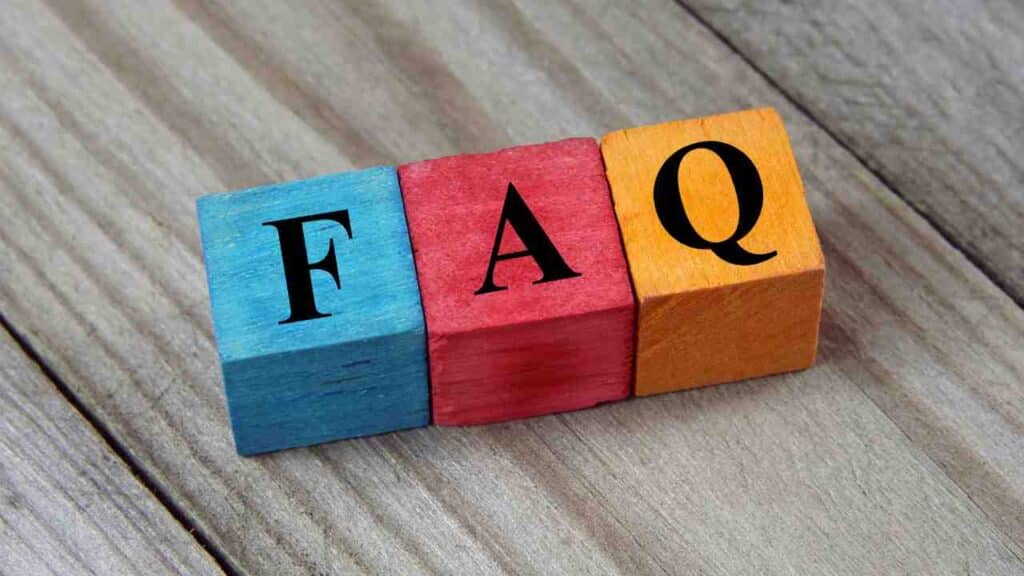Assuring CRM Data and Transactions Safety

Get Your FREE 14-Day Trial and Take Your Business To The Next Level with an All-In-One Sales and Marketing Platform for businesses, agencies and marketers.
Customer Relationship Management (CRM) systems have become an integral part of businesses across various industries. These systems help organizations manage their interactions with customers, streamline sales processes, and improve overall customer satisfaction. However, with the increasing reliance on CRM systems, ensuring the safety of data and transactions has become a critical concern for businesses. In this article, we will explore the importance of assuring CRM data and transactions safety and discuss various strategies and best practices to mitigate risks.
The Importance of CRM Data and Transactions Safety
CRM systems store a wealth of sensitive information, including customer contact details, purchase history, and communication logs. This data is invaluable to businesses as it helps them understand their customers better, personalize marketing campaigns, and make informed business decisions. However, if this data falls into the wrong hands, it can lead to severe consequences such as identity theft, financial fraud, and reputational damage.
Furthermore, CRM systems also handle transactions, including sales orders, invoices, and payment information. Ensuring the safety of these transactions is crucial to protect both the business and its customers from financial losses and potential legal issues.
Common Risks and Threats to CRM Data and Transactions
Before diving into the strategies to assure CRM data and transactions safety, it is essential to understand the common risks and threats that businesses face in this regard. Some of the most prevalent risks include:
- Data Breaches: Unauthorized access to CRM systems can result in data breaches, where sensitive customer information is exposed or stolen.
- Malware and Ransomware Attacks: Malicious software can infect CRM systems, leading to data loss, system downtime, and potential financial losses.
- Insider Threats: Employees or contractors with access to CRM systems may intentionally or unintentionally misuse or leak sensitive data.
- Phishing and Social Engineering: Cybercriminals often use deceptive tactics to trick employees into revealing login credentials or other sensitive information.
Strategies to Assure CRM Data and Transactions Safety
Implementing robust security measures is crucial to assure the safety of CRM data and transactions. Here are some strategies that businesses can adopt:
1. Strong User Authentication
Implementing strong user authentication mechanisms is the first line of defense against unauthorized access to CRM systems. This can include multi-factor authentication (MFA), where users are required to provide multiple pieces of evidence to prove their identity. MFA can significantly reduce the risk of unauthorized access, even if login credentials are compromised.
2. Regular Data Backups
Regularly backing up CRM data is essential to ensure its availability in case of data loss or system failures. Backups should be stored securely, preferably in an off-site location or on a separate server. This ensures that even if the primary CRM system is compromised, the data can be restored from backups.
3. Encryption of Data and Communications
Encrypting CRM data and communications adds an extra layer of security by making it unreadable to unauthorized individuals. Businesses should implement strong encryption algorithms to protect sensitive data both at rest and in transit. This includes encrypting data stored in databases, as well as data transmitted between CRM systems and external applications.
4. Regular Security Audits and Penetration Testing
Regular security audits and penetration testing help identify vulnerabilities in CRM systems and ensure that security measures are effective. These audits can be conducted internally or by hiring external security experts. By proactively identifying and addressing vulnerabilities, businesses can significantly reduce the risk of data breaches and other security incidents.
5. Employee Training and Awareness
Employees play a crucial role in ensuring CRM data and transactions safety. Businesses should provide comprehensive training to employees on security best practices, including how to identify and report potential security threats such as phishing emails. Regular awareness campaigns can also help reinforce security practices and keep employees vigilant.
Case Study: XYZ Corporation
XYZ Corporation, a leading e-commerce company, recently experienced a data breach that compromised the personal information of thousands of its customers. The breach occurred due to a vulnerability in their CRM system, which allowed hackers to gain unauthorized access. As a result, the company faced severe reputational damage, legal consequences, and financial losses.
To prevent such incidents in the future, XYZ Corporation implemented several measures to assure CRM data and transactions safety. They strengthened user authentication by implementing multi-factor authentication for all CRM system users. They also enhanced their data backup procedures, ensuring that backups were stored securely and regularly tested for restoration.
Furthermore, XYZ Corporation implemented end-to-end encryption for all CRM data and communications, protecting sensitive information from unauthorized access. They also conducted regular security audits and penetration testing to identify and address vulnerabilities proactively.
Additionally, XYZ Corporation invested in comprehensive employee training programs to educate their staff about security best practices and the importance of data protection. They also implemented a robust incident response plan to handle any future security incidents effectively.
Assuring CRM data and transactions safety is of utmost importance for businesses to protect sensitive customer information, maintain trust, and avoid financial and reputational damage. By implementing strong user authentication, regular data backups, encryption, security audits, and employee training, businesses can significantly reduce the risk of data breaches and other security incidents.
Remember, protecting CRM data and transactions is not a one-time effort but an ongoing process. Regularly reviewing and updating security measures is essential to stay ahead of evolving threats and ensure the safety of CRM systems. With the right strategies and practices in place, businesses can confidently leverage CRM systems to enhance customer relationships and drive growth.
Visit http://SaasExpert.ca – Your All-In-One Sales and Marketing Platform for small businesses, agency owners, and marketers.
Learn more about “Protecting CRM Information and Transactions” right here.
Frequently asked questions about Assuring CRM Data and Transactions Safety.

1. 🎯 What Types of Information in My CRM Need to Be Protected?
Excellent question! Your CRM is a treasure trove of valuable information, and virtually all of it needs protection. 🛡️ This includes:
Customer Data: Names, addresses, phone numbers, and email addresses. 📧
Financial Records: Transaction history, payment methods, and sometimes credit card details. 💳
Interactions: Records of conversations, support tickets, and emails. 💬
Internal Data: Sales strategies, marketing campaigns, and employee information. 📈
In short, if it’s in your CRM, it’s important and needs to be protected. Unauthorized access to any of this info could spell disaster. 😱
2. 🔐 How Can I Make Sure My Team Handles CRM Data Responsibly?
You’re already on the right track just by asking this question! 👏 Educating your team is one of the first steps toward a more secure CRM. Here’s what you can do:
Training: Make sure everyone is trained on best practices for data protection. 📚
Access Control: Limit data access based on roles. Your marketing team might not need access to the same info as your sales team, for example. 🙅♀️
Monitoring: Regularly review who’s accessed what in your CRM, just to make sure everything’s on the up-and-up. 🕵️♂️
Strong Passwords: Encourage (or enforce) strong, unique passwords for each team member. 💪
3. 🌐 Are There Specific Certifications or Compliance Standards for CRM Security?
Great question! While there isn’t a dedicated “CRM security certification,” there are industry standards and regulations that apply, like GDPR for customer data in Europe 🇪🇺 or HIPAA for healthcare information in the U.S. 🇺🇸. Additionally, you may want to look for CRMs that are ISO 27001 certified, which signifies a strong commitment to data security. 🏆
4. 💼 As a Business Owner, What Are My Responsibilities for CRM Data Protection?
Ah, the weight of responsibility, right? 😅 But don’t worry, it’s manageable:
Due Diligence: Choose a CRM that’s known for robust security measures. 🛡️
Employee Training: Ensure your team knows how to use the CRM securely. 📚
Regular Audits: Regularly check your system for vulnerabilities. 🕵️
Legal Obligations: Stay updated on laws and regulations concerning data protection. 📜
Incident Response: Have a plan in case of data breaches or other security incidents. 🚨
Your customers are trusting you with their data; protecting it is both a legal and ethical responsibility. 🌟
5. 🤷 Can I Customize the Security Settings on My CRM, or Is It One-Size-Fits-All?
Fantastic question! Most reputable CRM systems offer a degree of customization when it comes to security settings. 🔧 This is really beneficial because, let’s face it, a small e-commerce business and a large healthcare provider don’t have the same security needs. You’ll typically find options for:
User Roles and Permissions: To limit who sees what. 👀
Data Encryption: To secure data at rest and in transit. 📦➡️🔒
Activity Logging: To keep track of who does what within the system. 📝
Just make sure to consult your CRM’s documentation or support team to understand how you can tailor the settings to your specific needs. 👌
I hope this clears up some of your questions on how to protect your CRM information and transactions. Don’t hesitate to ask if you need more details; I’m here to help! 😊






